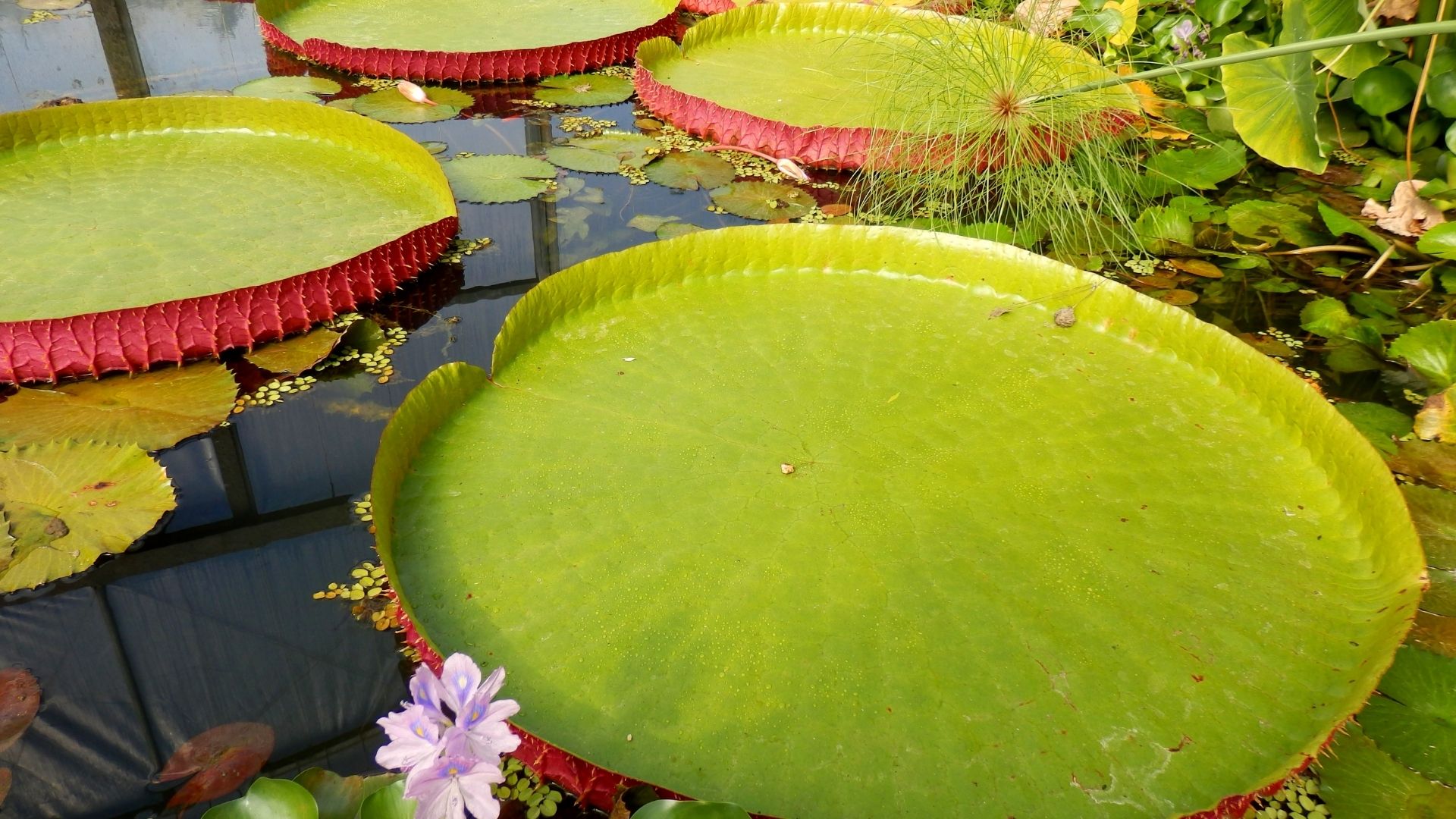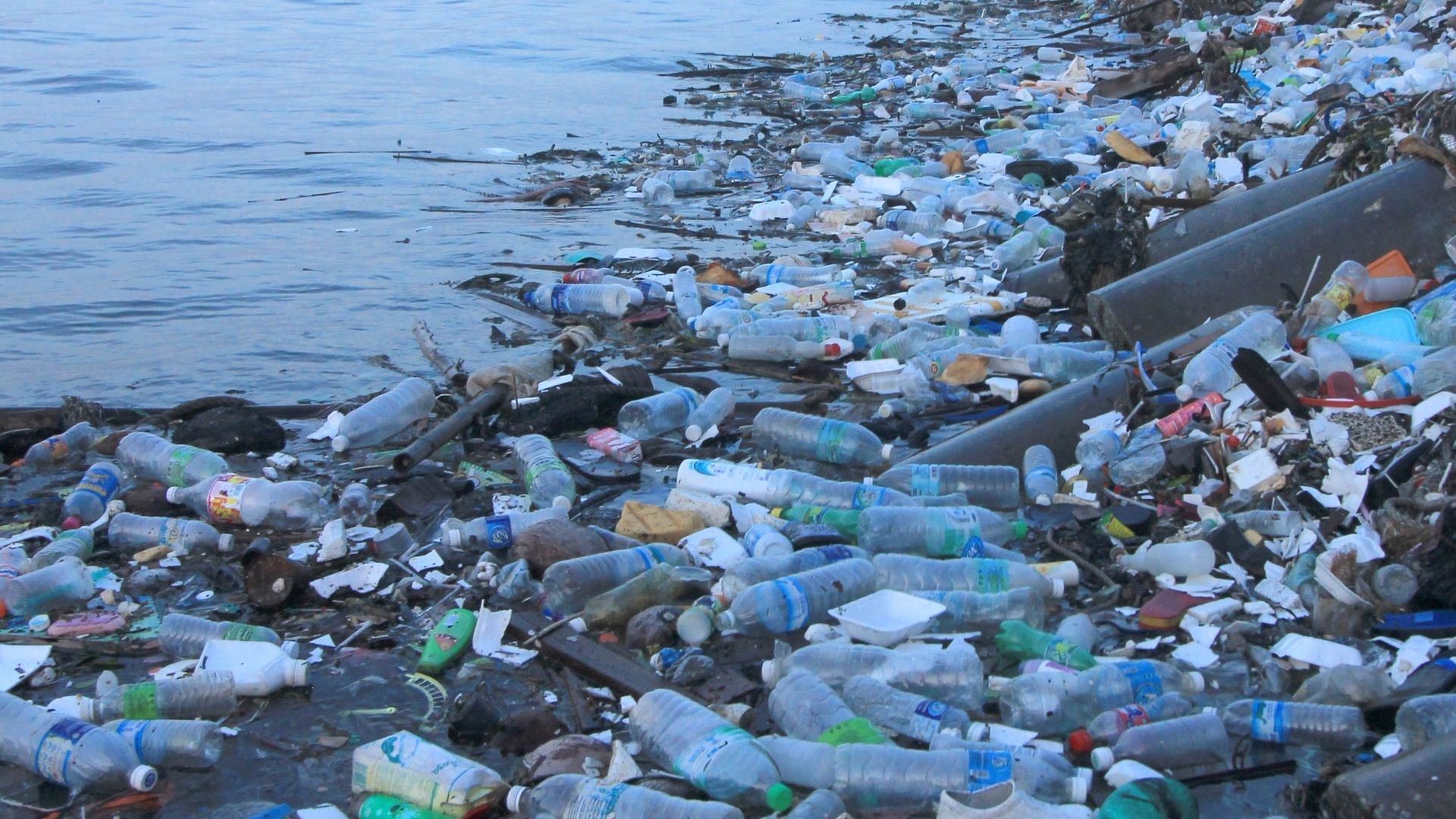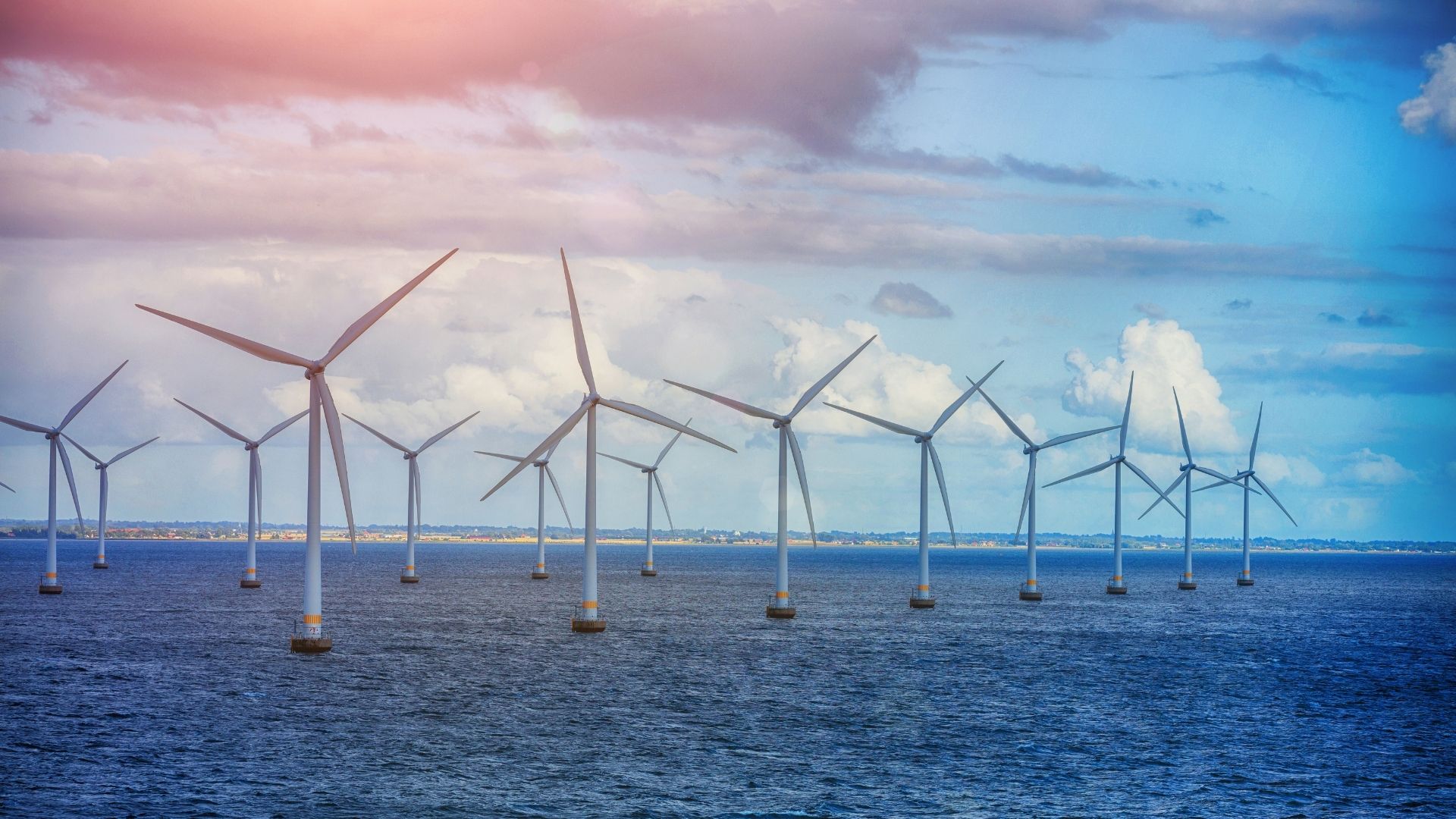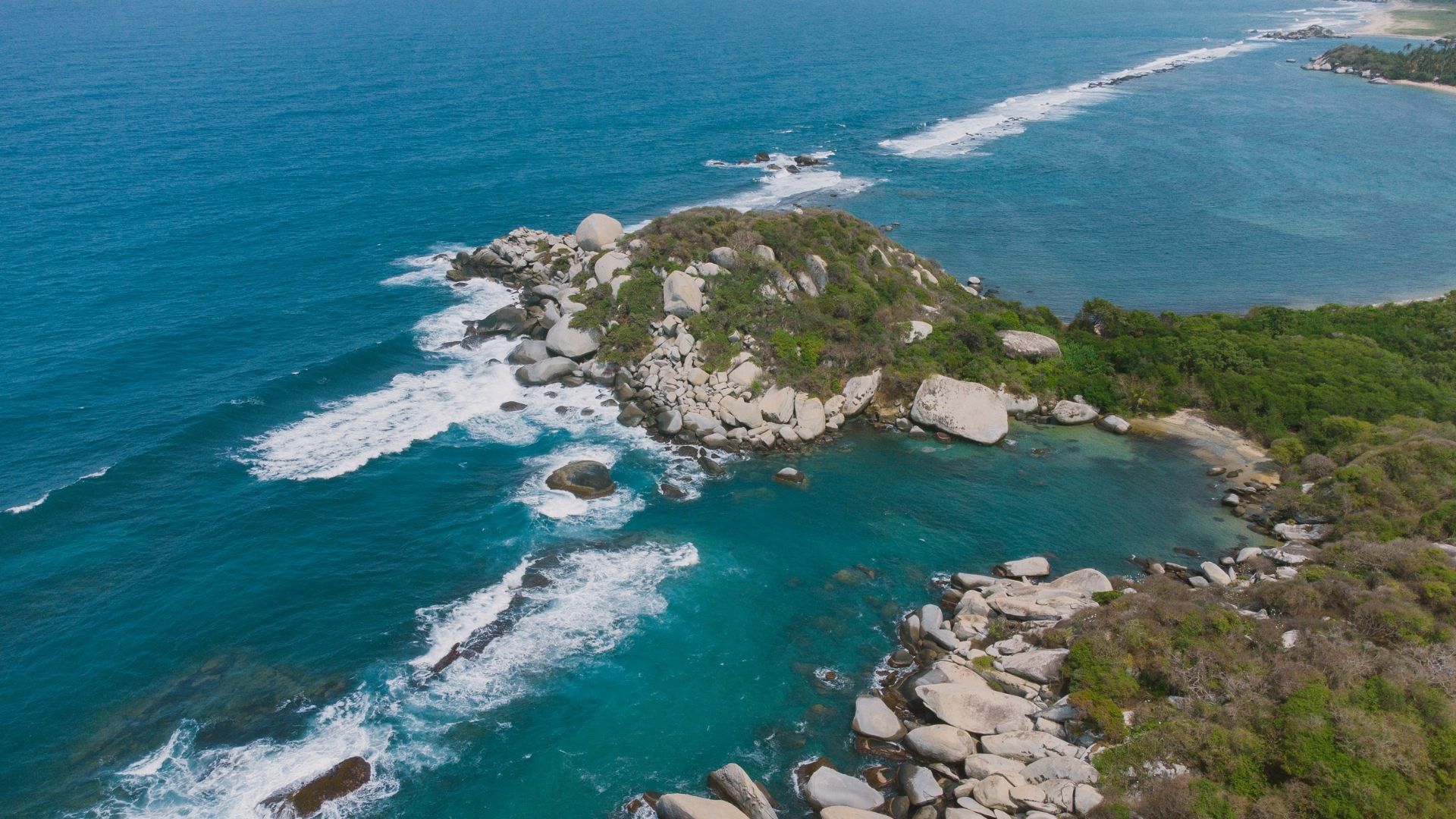This week’s good climate news
With so much still to do to slow warming and avoid the worst impacts of climate change, it’s important to fortify ourselves by celebrating wins along the way.

1,000 acres of land returned to Onondaga Nation
Over 1,000 acres of ancestral land in New York will be returned to the Onondaga Nation! The historic land transfer includes wetlands, floodplains, forests and fields that will soon be managed by their original owners.
The previous landowners contaminated the land. They were forced to turn it over to the Onondaga Nation, as well as begin 18 projects aimed at restoring the contaminated land.

Giant waterlily found hiding among other waterlillies
Scientists discovered the world's largest waterlily species, Victoria boliviana, has been in London's Royal Botanical Garden for almost two centuries. The aquatic plant can grow up to 10 feet wide and can carry a grown man.
Scientists originally believed only two types of waterlily were brought to England from Bolivia, but a recent study has revealed a third species has been living in the botanical garden for 177 years.

Huge reduction in plastic pollution coming to California
California’s governor approved the strongest plastic reduction policy in the U.S., which could prevent 23 million tons of plastic pollution by 2032. The bill requires a 25% reduction of single-use plastic packaging and foodware, which includes containers used for carryout meals.
Currently, the U.S. has a rate of plastic recycling around 5%. This new law mandates California's plastic recycling rate reach 65% in the next decade.

Wind jobs blowing into Wales
The Crown Estate, the monarch-owned but independently-run property business, plans to build a floating wind farm off the south Wales coast to generate power for 4 million homes and create an estimated 29,000 new jobs. The new project could add £43.6 billion to the U.K. economy by 2050.
A floating wind farm can be placed farther off the coast than traditional wind farms, where there are often stronger winds to generate power.

Colombia leads the way on oceanic protection
The Colombian president announced it is the first country in the Western Hemisphere to protect 30% of its ocean territory by banning fishing and oil exploration. Less than 8% of the world’s oceans are protected, and as the leading producer of the world's oxygen, we need the oceans to have strong and healthy biodiversity.
This comes off the good climate news last week that the incoming Colombian president is dedicated to even bigger and bolder climate goals.










